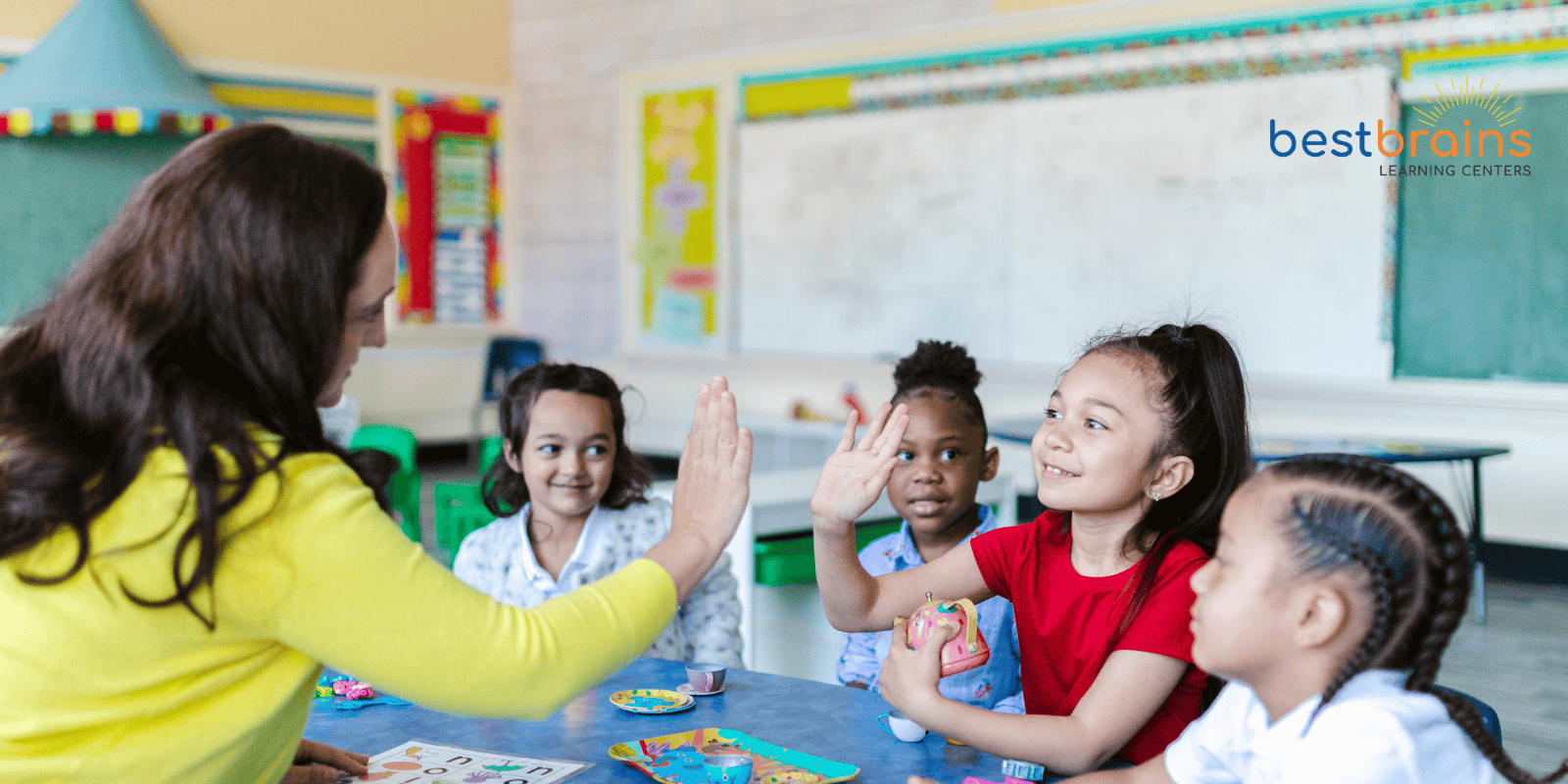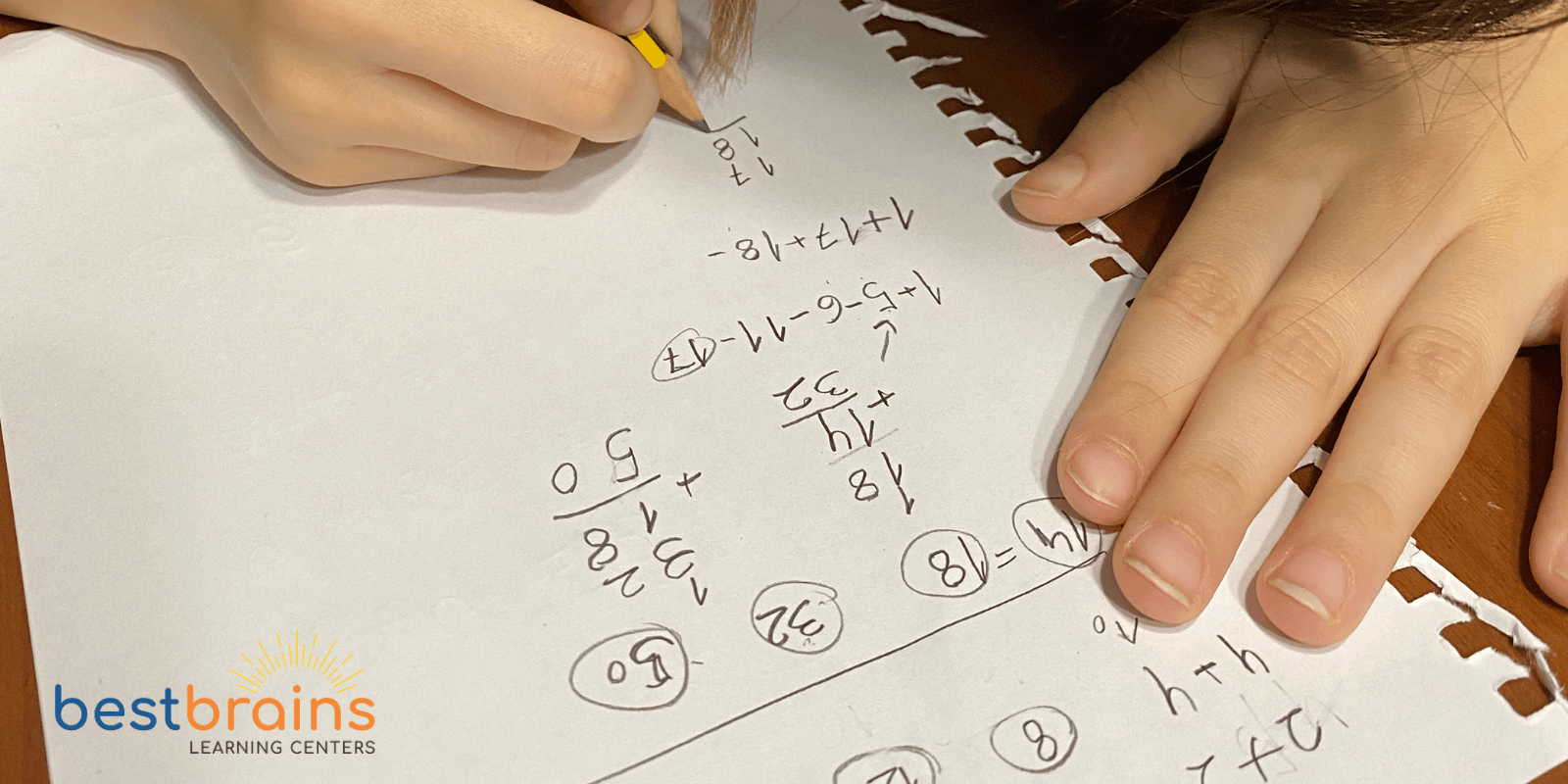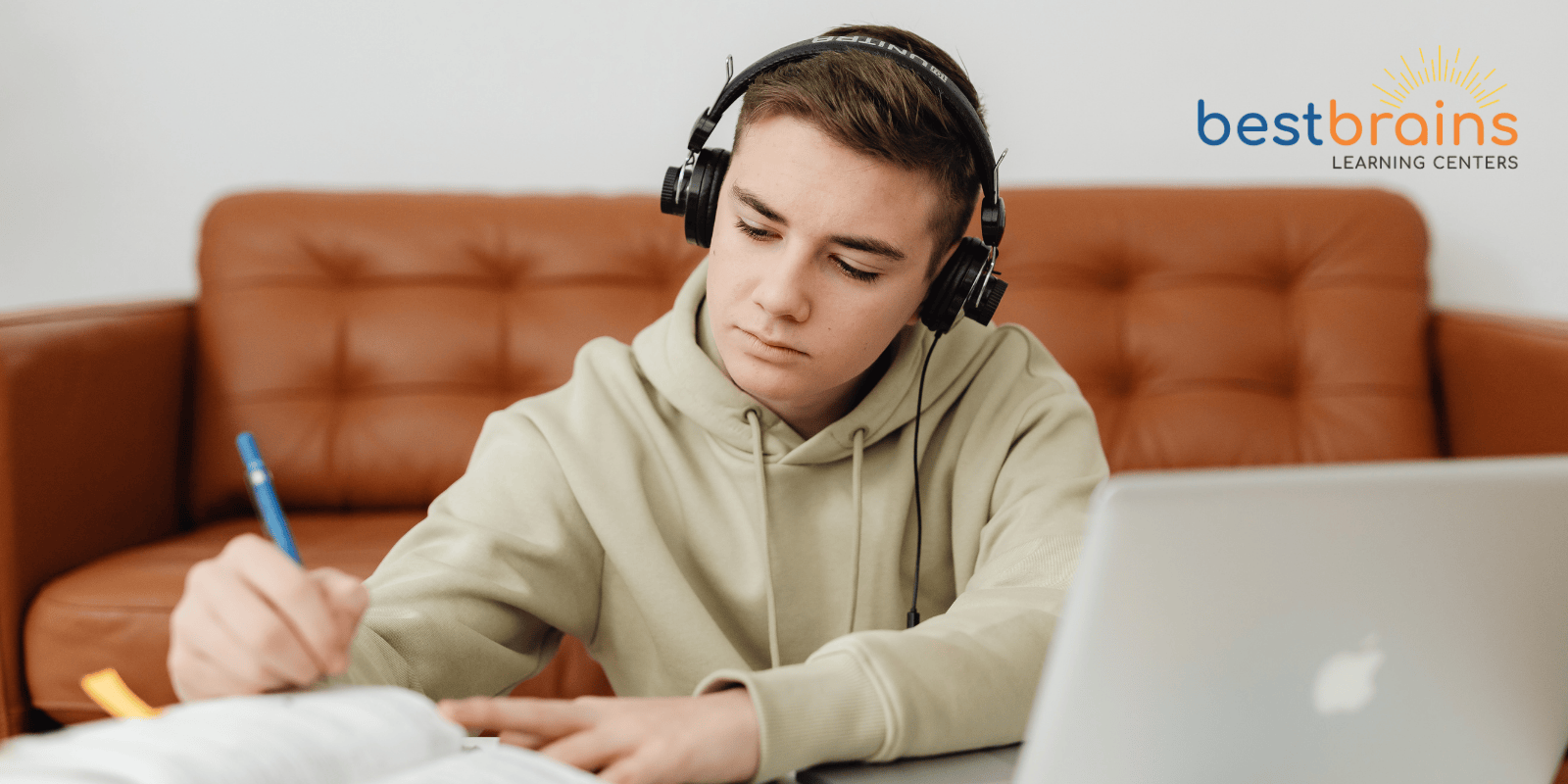Mechanicsburg
How to Help Your Child Build Study Habits That Last
📚 How to Help Your Child Build Study Habits That Last
Good study habits don’t develop overnight. They’re built over time—through structure, consistency, and the right support system. When children learn how to learn, they become more confident, independent, and successful both in school and in life.
At Best Brains Mechanicsburg, we believe in helping students build lasting academic habits that go far beyond tutoring. Here's how you can encourage your child to become a focused, motivated learner—starting today.
🧠 1. Start With a Routine
Kids thrive on predictability. Having a consistent time and place for study each day removes the guesswork and helps them mentally prepare for learning. This could be:
• After a snack and break from school
• Before screen time or extracurriculars
• At a dedicated spot in the house, free of distractions Once it becomes a habit, studying feels less like a chore and more like part of their daily rhythm.
📅 2. Use Short, Structured Sessions
Many children—especially younger ones—don’t benefit from long, unstructured study blocks. Instead, try:
• 15–30 minute focused sessions
• Built-in breaks or movement activities
• One subject at a time, based on their attention span This mirrors the Best Brains weekly model, where students work on specific skills in manageable chunks, guided by certified teachers who understand how kids learn best.
✏️ 3. Practice Active Learning
Encourage your child to engage with material in hands-on, meaningful ways:
• Summarizing what they learned out loud
• Teaching it back to you
• Creating flashcards or drawing diagrams
• Completing practice problems—not just reviewing notes
At Best Brains, we emphasize active learning through paper-based booklets—no screens—so students can truly process and retain what they’re learning.
🌟 4. Celebrate Effort, Not Just Grades
When parents only focus on test scores, children may learn to equate success with perfection. Instead, celebrate:
• Finishing a difficult worksheet
• Improving focus over the week
• Asking for help when needed Positive reinforcement builds confidence and helps your child associate studying with growth—not pressure.
💡 5. Partner With Professionals
Sometimes, kids need more than what parents or schools can provide. That’s where we come in. At Best Brains Mechanicsburg, our programs are designed to:
• Build academic consistency
• Reinforce school learning
• Encourage independence
• Provide motivation in a structured, supportive environment
We teach kids how to be lifelong learners—not just good students.
📞 Ready to build habits that last?
Schedule a free diagnostic test with us today, and give your child the foundation they need to succeed—this year and beyond.
📚 Sources & Further Reading
1. Zimmerman, B. J. (2002). Becoming a self-regulated learner: An overview. Theory into Practice, 41(2), 64–70. https://doi.org/10.1207/s15430421tip4102_2
2. Dunlosky, J., Rawson, K. A., Marsh, E. J., Nathan, M. J., & Willingham, D. T. (2013). Improving students’ learning with effective learning techniques: Promising directions from cognitive and educational psychology. Psychological Science in the Public Interest, 14(1), 4–58. https://doi.org/10.1177/1529100612453266
3. American Academy of Pediatrics. (2021). How to Help Your Child Develop Good Study Habits. HealthyChildren.org https://www.healthychildren.org/English/family-life/Media/Pages/Helping-Children-and-Adolescents-Develop-Good-Study-Habits.aspx
4. National Association of School Psychologists (NASP). Promoting Effective Study Habits. https://www.nasponline.org/resources-and-publications/resources-and-podcasts/mental-health/prevention-and-wellness-promotion/promoting-effective-study-habits
5. Duckworth, A. L., & Gross, J. J. (2014). Self-control and grit: Related but separable determinants of success. Current Directions in Psychological Science, 23(5), 319–325. https://doi.org/10.1177/0963721414541462




